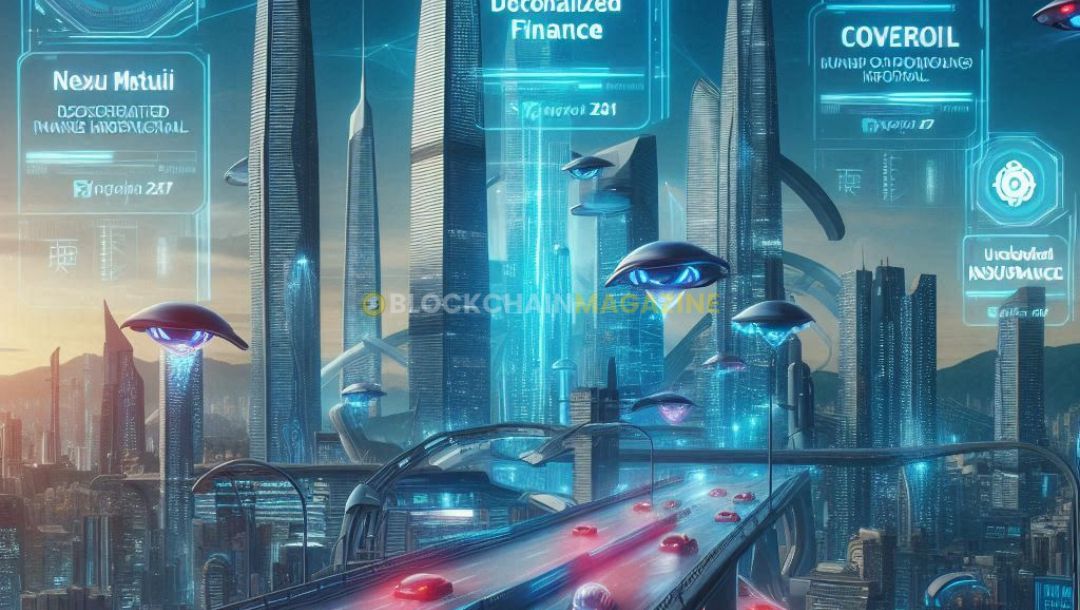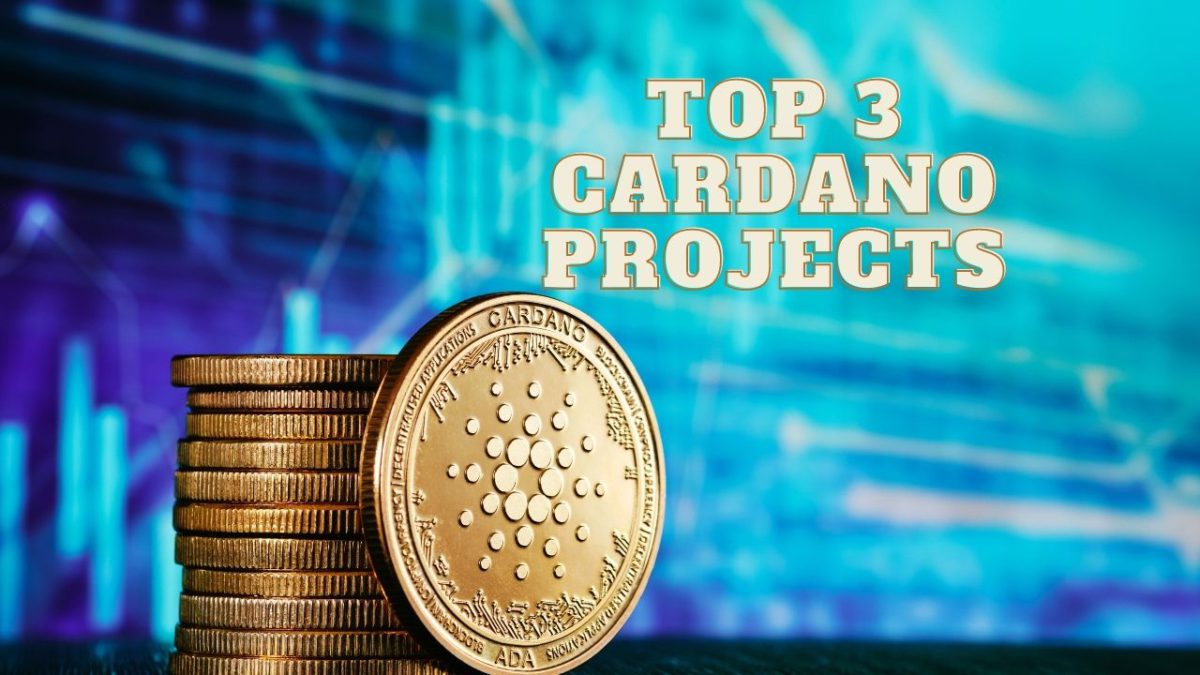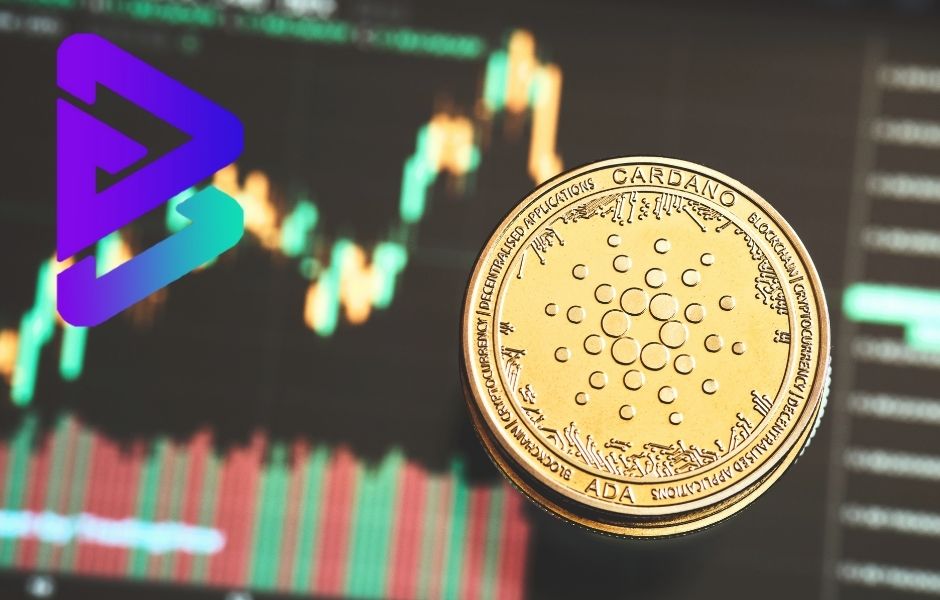Amaizing Guide to DeFi Governance Tokens and Decentralized Voting In 2024
In the world of DeFi, governance tokens play a crucial role in allowing users to participate in decision-making processes. These tokens empower holders to vote on important proposals that shape the future of various blockchain projects. This article will explore what DeFi governance tokens are, how they function, and their significance in the DeFi landscape.
Key Takeaways
- Governance tokens give users a voice in DeFi projects by allowing them to vote on decisions.
- They can be used for various purposes, such as proposing changes and influencing project direction.
- While they are mainly about voting, holders can also stake and earn rewards.
- Governance tokens help ensure decentralization by distributing power among users.
- Understanding governance tokens is essential for anyone looking to engage with DeFi platforms.
Understanding DeFi Governance Tokens
Definition and Purpose
Governance tokens are special types of cryptocurrencies that give holders the power to vote on important decisions within a blockchain project. These tokens are essential for community involvement in decentralized finance (DeFi) protocols. They allow users to influence the direction of a project by voting on proposals, such as changing fees or updating features.
Key Features of Governance Tokens
Governance tokens have several important features:
- Voting Rights: Holders can vote on proposals that affect the project.
- Staking: Users can lock their tokens to earn rewards.
- Community Engagement: They encourage active participation from users.
Examples of Popular Governance Tokens
Here are some well-known governance tokens:
| Token Name | Project | Description |
|---|---|---|
| MKR | MakerDAO | Used for voting on the Dai stablecoin’s policies. |
| COMP | Compound | Allows users to vote on lending protocol changes. |
| UNI | Uniswap | Enables voting on protocol upgrades and fee structures. |
Governance tokens are crucial for ensuring that no single entity controls the project. They promote a sense of ownership among users, making everyone feel involved in the ecosystem.
In summary, governance tokens are a key part of the DeFi landscape, enabling users to have a say in the projects they support. They not only provide voting power but also foster a community-driven approach to decision-making, which is vital for the success of decentralized systems.
Tokens serve as representations of value in the blockchain ecosystem, facilitating a more inclusive and participatory environment for all users.
How Decentralized Voting Works in DeFi
On-Chain Voting Mechanisms
Decentralized voting in DeFi primarily occurs through on-chain mechanisms. This means that all voting actions are recorded directly on the blockchain, ensuring transparency and security. Governance tokens are essential in this process, as they allow users to vote on proposals that can change the direction of a project. Here are some key points about on-chain voting:
- Voting is open to all token holders.
- Each token typically represents one vote.
- Proposals can be made by any user with governance tokens.
Role of Smart Contracts in Voting
Smart contracts play a crucial role in automating the voting process. They ensure that votes are counted accurately and that the rules of the voting process are followed. Here’s how they work:
- Proposal Submission: Users submit proposals through smart contracts.
- Voting Period: A set time frame is established for voting.
- Result Execution: Once voting ends, smart contracts automatically execute the results, implementing any approved changes.
Case Studies of Voting in Action
Several DeFi projects have successfully implemented decentralized voting. Here are a few examples:
- Compound: Users vote on changes to interest rates and governance rules.
- Uniswap: Token holders decide on protocol upgrades and fee structures.
- Aave: Community votes on new features and risk parameters.
Decentralized voting empowers users by giving them a direct say in the governance of projects they support. This approach fosters a sense of community and shared responsibility among participants.
In summary, decentralized voting in DeFi is a powerful tool that enhances user engagement and ensures that decisions reflect the community’s interests. By utilizing governance tokens and smart contracts, DeFi projects can maintain a democratic process that is both transparent and efficient.
Benefits and Challenges of Governance Tokens
Advantages of Using Governance Tokens
Governance tokens offer several benefits that enhance the decentralized finance (DeFi) ecosystem. Here are some key advantages:
- Decentralized decision-making: Token holders can vote on important issues, ensuring that no single entity has too much control.
- Community engagement: When users have a say in decisions, they are more likely to participate actively in the project.
- Transparent governance: These tokens provide a clear record of decisions, which builds trust within the community.
Potential Risks and Downsides
While governance tokens have many benefits, they also come with challenges:
- Low voter turnout: If not enough people vote, decisions may be made by a small group, leading to less democratic outcomes.
- Concentration of power: Large holders, or “whales,” can dominate votes, skewing results in their favor.
- Manipulation risks: Those with many tokens might try to influence votes for personal gain.
Impact on Decentralization
Governance tokens are crucial for maintaining decentralization in DeFi. They allow users to have a direct say in the project’s direction, which is essential for a healthy ecosystem. However, if a few individuals hold too much power, it can undermine this goal.
Governance tokens are vital for ensuring that the community has a voice in the future of DeFi projects. Without them, the essence of decentralization could be lost.
In summary, while governance tokens provide significant benefits like community engagement and transparency, they also pose risks such as low participation and power concentration. Balancing these factors is key to the success of decentralized governance.
Comparing Governance Tokens and Utility Tokens
Key Differences Between Governance and Utility Tokens
Governance tokens and utility tokens serve different purposes in the crypto world. Here are some key differences:
- Voting Power: Governance tokens allow holders to vote on important decisions, while utility tokens do not.
- Use Cases: Utility tokens are often used for transactions within a platform, like paying fees, whereas governance tokens are used for influencing project direction.
- Ownership: Holding governance tokens often means having a stake in the project, while utility tokens can be held by anyone.
Overlap and Shared Features
Despite their differences, governance and utility tokens can overlap in some areas:
- Functionality: Both types of tokens can be used for transactions within their respective platforms.
- Access: Governance tokens can also serve as utility tokens, providing access to certain features.
- Incentives: Both can incentivize user participation and engagement in their ecosystems.
Use Cases for Each Type of Token
Here are some common use cases for governance and utility tokens:
- Governance Tokens: Voting on proposals, staking, and influencing project development.
- Utility Tokens: Paying for services, accessing features, and trading on exchanges.
Governance tokens are essential for ensuring that users have a voice in the projects they support. This helps maintain a decentralized ecosystem where everyone can contribute to decision-making.
In summary, while governance tokens and utility tokens have distinct roles, they can complement each other in the DeFi landscape. Understanding their differences and similarities is crucial for anyone looking to navigate the world of decentralized finance effectively.
The Future of DeFi Governance
Emerging Trends in Governance
The landscape of DeFi governance is rapidly changing. New trends are emerging that could reshape how decisions are made. Here are some key trends to watch:
- Integration with real-world assets: The tokenization of assets like real estate and commodities is expected to grow, creating new investment opportunities.
- Enhanced user experience: As platforms mature, there will be a focus on making them easier to use, which will help more people get involved.
- Community-driven initiatives: More projects will rely on community input to guide their development, ensuring that user needs are prioritized.
Potential Improvements and Innovations
The future holds exciting possibilities for governance in DeFi. Some potential improvements include:
- Better voting mechanisms: Innovations in voting systems could make participation more accessible and fair.
- Increased transparency: Enhanced reporting and communication can help users understand governance processes better.
- Education initiatives: Programs aimed at educating users about governance tokens and their roles will likely expand.
Long-Term Implications for DeFi Ecosystems
The evolution of governance tokens will have lasting effects on DeFi. Here are some implications to consider:
- Decentralization: As governance becomes more community-focused, the risk of centralization may decrease, promoting a healthier ecosystem.
- User empowerment: With more control over decisions, users will feel more invested in the success of the platforms they use.
- Market growth: The merging of traditional finance with DeFi could lead to a significant increase in market size, potentially reaching $16 trillion by 2030.
The future of DeFi governance is bright, with innovations paving the way for a more inclusive and efficient financial system.
By understanding these trends and implications, users can better navigate the evolving DeFi landscape and make informed decisions about their participation in governance.
Educational Resources for DeFi Governance
Importance of User Education
Understanding DeFi governance is essential for anyone looking to participate in this innovative financial landscape. User education helps individuals grasp the complexities of decentralized finance and the role of governance tokens. This knowledge empowers users to make informed decisions and engage responsibly in the ecosystem.
Top Resources for Learning About Governance Tokens
Here are some valuable resources to enhance your understanding of governance tokens:
- Online Courses: Platforms like Coursera and Udemy offer courses on DeFi and governance.
- Webinars and Workshops: Many organizations host live sessions to discuss governance topics.
- Community Forums: Engaging in discussions on platforms like Discord or Reddit can provide insights from experienced users.
Community Initiatives and Support
Community initiatives play a vital role in educating users about DeFi governance. Here are some examples:
- Local Meetups: Many cities host meetups for DeFi enthusiasts to share knowledge and experiences.
- Online Communities: Joining groups on social media can help you stay updated on the latest trends.
- Mentorship Programs: Some projects offer mentorship to guide newcomers through the complexities of DeFi.
In the world of DeFi, knowledge is power. The more you learn, the better equipped you are to navigate this evolving landscape.
By utilizing these resources, you can enhance your understanding of governance tokens and their significance in decentralized finance. Remember, education is key to making the most of your DeFi experience!
Conclusion
In summary, governance tokens are essential for the future of decentralized finance (DeFi). They give users a voice in how projects are run, allowing them to vote on important decisions. This means that everyone involved can help shape the direction of the platform. By using governance tokens, DeFi projects can ensure that no single person or group has too much power. This leads to a fairer system where all participants can contribute to the growth and success of the project. As DeFi continues to evolve, understanding and participating in governance will be crucial for anyone looking to engage with these innovative financial systems.
Frequently Asked Questions
What are governance tokens?
Governance tokens are a type of cryptocurrency that give holders the power to vote on important decisions in a blockchain project.
How do governance tokens work?
These tokens allow users to vote on proposals, such as changes to the platform or how funds are used. The more tokens you hold, the more influence you have.
What are some examples of governance tokens?
Some well-known governance tokens include Maker (MKR), Compound (COMP), and Uniswap (UNI). Each of these tokens allows users to participate in decision-making.
What is the difference between governance tokens and utility tokens?
Governance tokens provide voting rights, while utility tokens are mainly used for transactions within a platform. All governance tokens can be utility tokens, but not all utility tokens are governance tokens.
What are the benefits of using governance tokens?
Governance tokens give users a voice in the project, promote decentralization, and encourage community participation in decision-making.
What challenges do governance tokens face?
Some challenges include the risk of centralization if a few people hold most tokens and the need for user education to understand how to participate effectively.
Stay informed with daily updates from Blockchain Magazine on Google News. Click here to follow us and mark as favorite: [Blockchain Magazine on Google News].
Get Blockchain Insights In Inbox
Stay ahead of the curve with expert analysis and market updates.
latest from tech
Disclaimer: Any post shared by a third-party agency are sponsored and Blockchain Magazine has no views on any such posts. The views and opinions expressed in this post are those of the clients and do not necessarily reflect the official policy or position of Blockchain Magazine. The information provided in this post is for informational purposes only and should not be considered as financial, investment, or professional advice. Blockchain Magazine does not endorse or promote any specific products, services, or companies mentioned in this posts. Readers are encouraged to conduct their own research and consult with a qualified professional before making any financial decisions. The featured image used is just a creative depiction of the title and it does not intend to hurt sentiments of any person or institution. If it hurts anyone sentiments, please do not hesitate to reach out to Blockchain Magazine.

 Bitcoin
Bitcoin  Ethereum
Ethereum  XRP
XRP  Tether
Tether  Solana
Solana  Dogecoin
Dogecoin  USDC
USDC  Cardano
Cardano  Lido Staked Ether
Lido Staked Ether  TRON
TRON  Chainlink
Chainlink  Avalanche
Avalanche  Wrapped stETH
Wrapped stETH  Stellar
Stellar  Wrapped Bitcoin
Wrapped Bitcoin  Sui
Sui  Hedera
Hedera  Toncoin
Toncoin  Shiba Inu
Shiba Inu  WETH
WETH  Polkadot
Polkadot  Parkcoin
Parkcoin  LEO Token
LEO Token  Bitget Token
Bitget Token  Litecoin
Litecoin  Bitcoin Cash
Bitcoin Cash  Uniswap
Uniswap  Hyperliquid
Hyperliquid  Official Trump
Official Trump  Wrapped eETH
Wrapped eETH  Pepe
Pepe  USDS
USDS  NEAR Protocol
NEAR Protocol  Ethena USDe
Ethena USDe  Aave
Aave  Aptos
Aptos  Internet Computer
Internet Computer  Ondo
Ondo  Ethereum Classic
Ethereum Classic  Monero
Monero  POL (ex-MATIC)
POL (ex-MATIC)  OKB
OKB  Cronos
Cronos  Dai
Dai  Mantle
Mantle  Algorand
Algorand  Render
Render  MANTRA
MANTRA 




